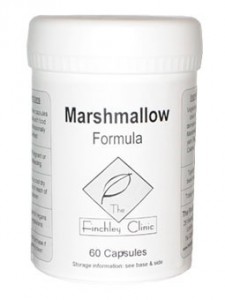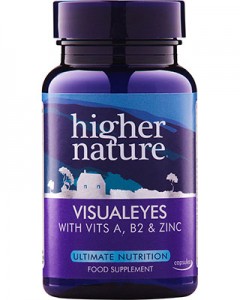In some cultures, belching during or after consuming food is perfectly acceptable; a sign that you’ve enjoyed and are satisfied by a meal. The truth is that everybody’s liable to belch at some time or another, not least after eating. However, excessive belching isn’t good; not only isn’t it particularly endearing, socially speaking, but also if – in extreme cases – it’s accompanied by heartburn and even chest pain, it could signify you’re suffering from acid reflux.
A rather violent sounding disorder, acid reflux is a long-term condition that sees stomach contents (both food and gastric acids) splash back up into the oesophagus. If experienced regularly, it could irritate and even harm the oesophagus, potentially scarring this tube between the mouth and stomach and cause ulceration, swelling or haemorrhaging. Indeed, in the worst case scenario, it could put you on the road to developing oesophegael cancer.
So what measures can you take to put an end to acid reflux? In addition to seeing a health practitioner, here are some suggestions…
Balance your HCl levels
Hydrochloric acid (HCl) may sound a bit frightening, but it’s nothing to be worried about – it’s a mineral acid combing hydrogen, chlorine and water. In fact, your body naturally produces it and should you be successful in encouraging it to create more HCl, then it could prove an important step in reducing acid reflux symptoms. In order to balance your body’s HCl level you may consider switching ordinary table salt for high-quality sea salt; moreover, you may look to supplementation for help – see at the bottom of this article.
Switch up your diet
If you want to bring on acid reflux and exacerbate its symptoms, one of the best ways to go about it is to consume lots of processed foods and sugars – this, as much as (if not more than) anything else, helps to establish and maintain bacterial imbalance in the gastrointestinal system. So how instead can you generate bacterial balance? Well, obviously cut out a lot of those processed food and sugars and try to replace them with fresh, organic fruit and veg. Again, read to the end of this post for a specific probiotic supplement – available through The Finchley Clinic – that’ll augment the good work of those dietary adjustments.
Boost your enzyme intake
Enzymes are terrific for effective digestion and occur naturally in raw food; unfortunately the act of cooking these foods destroys them and all the health-providing goodness they offer – cooking anything above 47°C is enough to do so (to give you an idea, Gas Mark 3 is approximately four times as hot as that). Obviously, nobody would suggest you shouldn’t adequately cook the food you eat, but maybe you could introduce more fresh and/ or raw food into your diet (like fruit). Also, you might like to look at the supplement possibilities in this area – once more, check the bottom of this article for our suggestion.
Further tips to treat acid reflux
- Organic apple cider vinegar – add raw organic apple cider vinegar with four ounces of purified water (resulting in a tablespoon’s worth) and consume it before each meal; it’s not idea for easing acid reflux symptoms, calming the stomach and aiding digestion in cases of low stomach acid
- Organic aloe vera – another soother when it comes to acid reflux, aloe vera helps calm the stomach, ease diarrhoea and relieve the redness that comes not just with acid reflux, but also bowel conditions like ulcerative colitis
- Cleanses – if you’re constantly suffering from acid reflux (and have the time and patience), it may be a good idea to try some body cleanses, such as a colon cleanse, a liver cleanse, a harmful organism cleanse and a chemical and toxic metal cleanse.
Supplements
As noted above, there are also some acid reflux supplements you might give a go to alleviate symptoms and tackle underlying digestive issues:
BioCarbonate (90 capsules) – an alkalising complex whose carbonates help to maintain the correct pH (acidity) for efficient enzymatic activity and digestion, thus may reduce hyper-acidity in the stomach.
Marshmallow Formula (60 capsules) – contains botanical  ingredients which may help maintain normal intestinal permeability; it combines well with our products for candida balancing and may also be suitable for leaky gut, food intolerance and gut inflammation issues.
ingredients which may help maintain normal intestinal permeability; it combines well with our products for candida balancing and may also be suitable for leaky gut, food intolerance and gut inflammation issues.
Latero-Flora (60 capsules) – a probiotic that helps balance the bowel with good bacteria; it nicely complements a well-balanced, natural diet thanks to safely assisting the maintenance of beneficial micro-organism colonies to improve gut health and digestive system function, thus may help to tackle the underlying causes of acid reflux.


